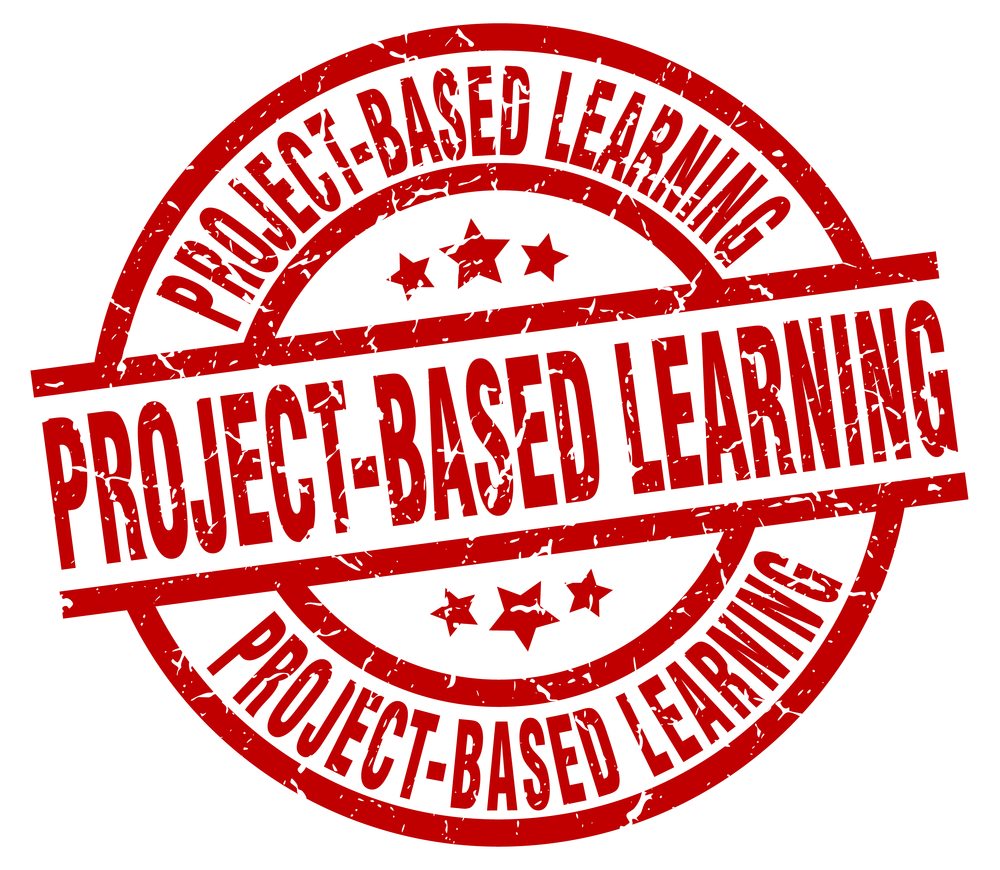Project-Based Learning (PBL) is when students design, plan and carry out an extended project that produces an output, such as a product, publication or presentation. Ideally, these outputs are exhibited to an external audience which can be a powerful motivator for students.
PBL is a key feature of the Language Futures approach where projects could last anything from a week to a whole term. Projects aim to grant students independence to create an authentic final product, requiring them to explore a subject or a combination of subjects in a deep sense throughout the production. Projects are designed to build knowledge and develop skills, to incorporate language learning and inter-cultural understanding and to connect learning to the real-world. Starting out with a challenging question, students engage in sustained inquiry, which involves generating further questions and using a range of resources to answer them – this activity is student-led.
Over the last two years, we have been carrying out a research study exploring the impact of the Language Futures approach on learners, teachers and the wider school community. The final research report will be available in early 2018. However, early indications have found that students’ perception of PBL is very positive. Pupils value working towards a practical outcome and purpose as well as having an audience.
As part of the approach, we have also developed a series of PBL resources for primary and secondary schools which are accessible on the Language Futures website. As well as examples of projects that have been trialled by LF schools, there is an Introduction to PBL which gives an overview of PBL and includes a useful checklist for teachers. You can also listen to the Project-based learning in the MFL Classroom webinar which explores PBL at KS3, and listen to Rachel Hawkes (the Language Futures Educational Researcher) speaking about the impact of LF on pupil motivation and choice, and PBL.
Further links:
Introducing Project-Based Learning in your Classroom – a free online course introducing the concept of PBL and helps you to implement the approach in your classroom by providing concrete examples, ideas and tools that can inspire and support you and your students to embark on PBL.
The Buck Institute for Education, Gold Standard PBL: Essential Project Design Elements (BIE, 2015).
For further information on the Language Futures approach, please contact the Language Futures Project Manager Clodagh Cooney by emailing [email protected]
Language Futures was originally developed by Linton Village College in Cambridgeshire as part of a Paul Hamlyn Foundation Initiative. In September 2015 the Language Futures initiative was transferred to the Association for Language Learning, with legacy grant funding from the Paul Hamlyn Foundation until 2018.

